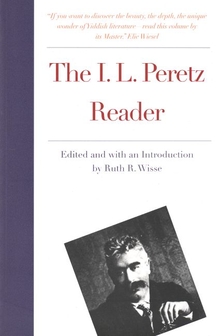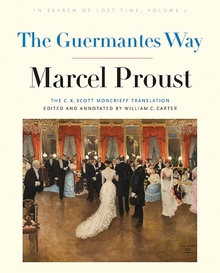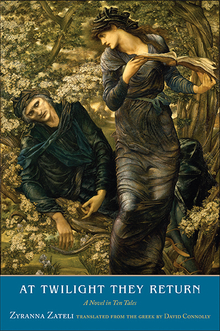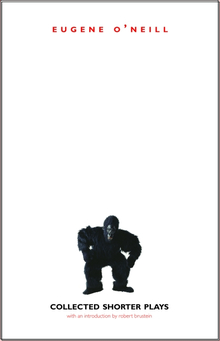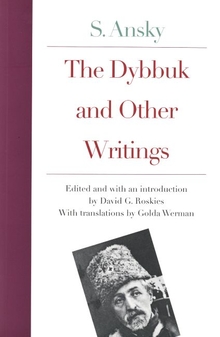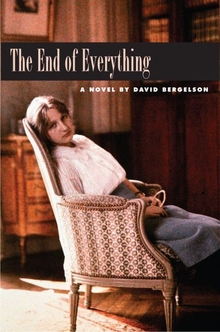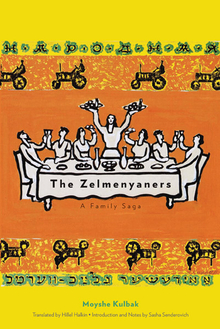The I. L. Peretz Reader
WARNING
You are viewing an older version of the Yalebooks website. Please visit out new website with more updated information and a better user experience: https://www.yalebooks.com
I. L. Peretz; Edited and with an introduction by Ruth Wisse
“If you want to discover the beauty, the depth, the unique wonder of Yiddish literature—read this volume by its Master.” —Elie Wiesel
“For any American reader, this will be a handy and skillfully edited selection of the most representative writings of one of the masters of world literature. For any Jewish American reader, it will also be a monument in commemoration of . . . a writer who . . . laid the foundations for the modern Yiddish literary tradition.” —Stanislaw Baranczak, The New Republic
“The tales, which occupy most of the book, vary widely. Some have the form and tone of simple folk tales. Others suggest a Hasidic-like mysticism, sometimes approaching the surreal. The best, I think combine both a sympathy for the values of the shtetl and a note of irony.” —Richard Eder, Los Angeles Times Book Review
“[Peretz’s] works stand in brilliantly evocative tribute to a bygone era.” —Publishers Weekly
"Fascinating reading."—Gila Wertheimer, Chicago Jewish Star
“[Peretz’s] works stand in brilliantly evocative tribute to a bygone era.”—Publishers Weekly
“If you want to discover the beauty, the depth, the unique wonder of Yiddish literature—read this volume by its Master.”—Elie Wiesel
“For any American reader, this will be a handy and skillfully edited selection of the most representative writings of one of the masters of world literature. For any Jewish American reader, it will also be a monument in commemoration of . . . a writer who . . . laid the foundations for the modern Yiddish literary tradition.”—Stanislaw Baranczak, The New Republic
“The tales, which occupy most of the book, vary widely. Some have the form and tone of simple folk tales. Others suggest a Hasidic-like mysticism, sometimes approaching the surreal. The best, I think combine both a sympathy for the values of the shtetl and a note of irony.”—Richard Eder, Los Angeles Times Book Review
Publication Date: July 11, 2002

